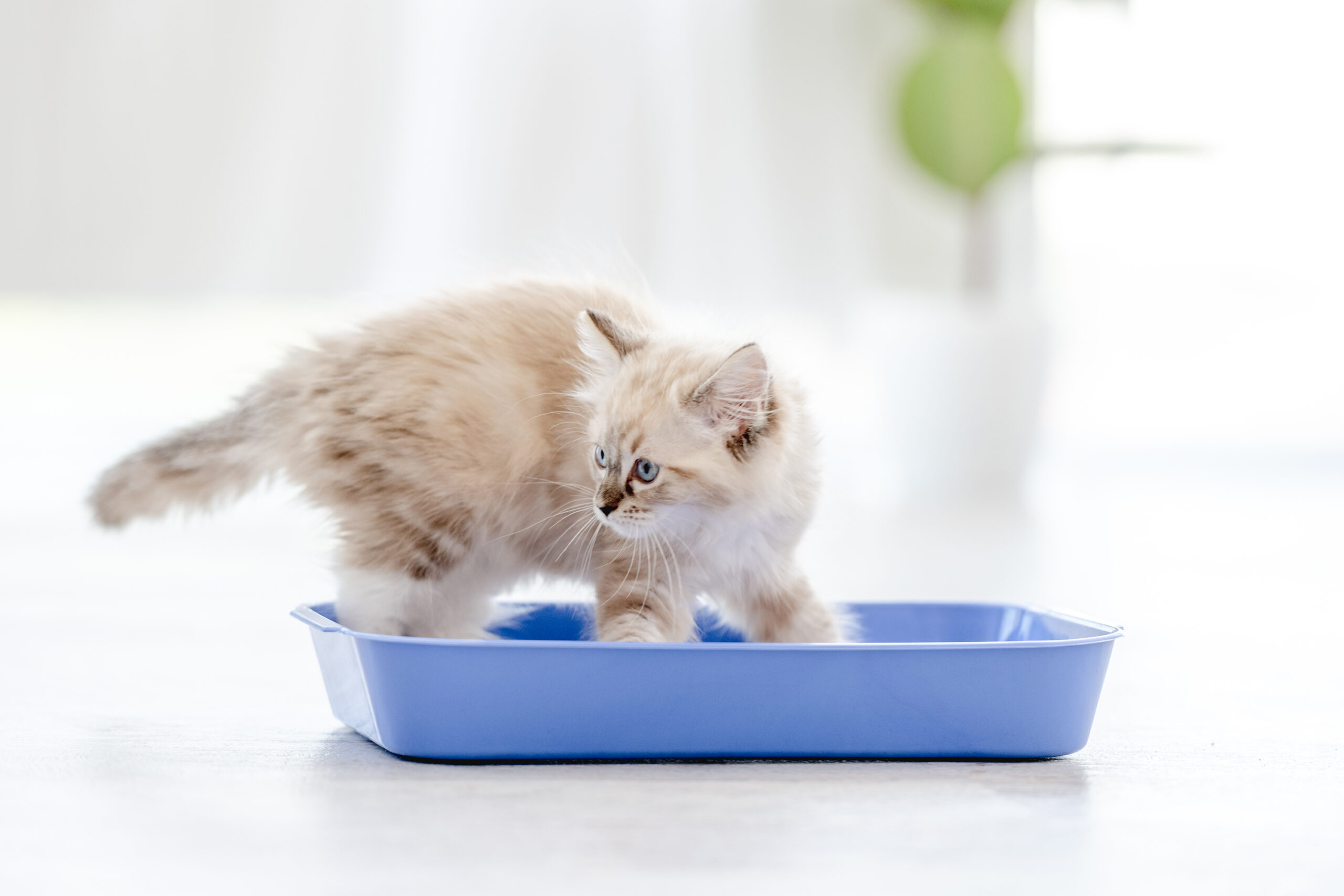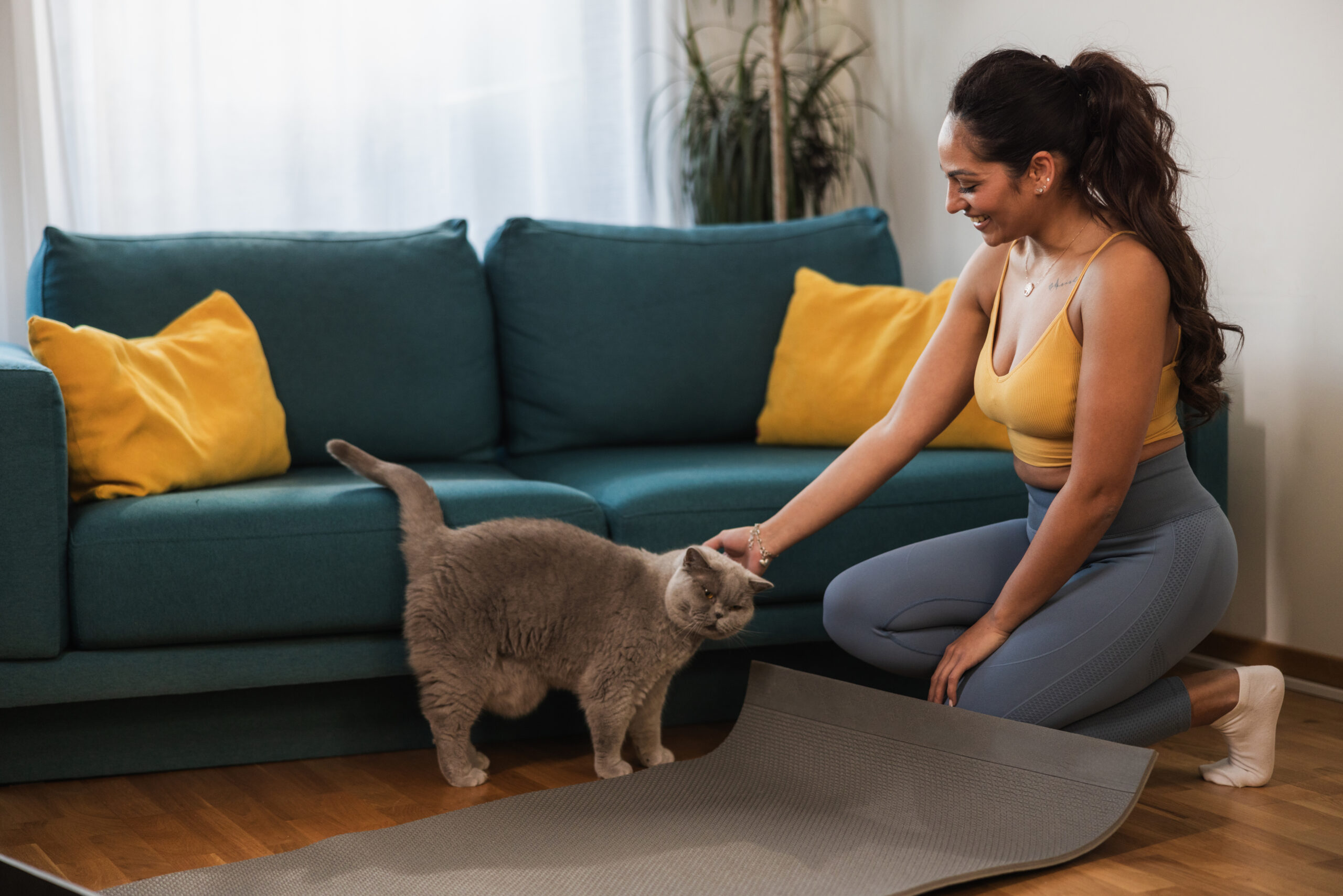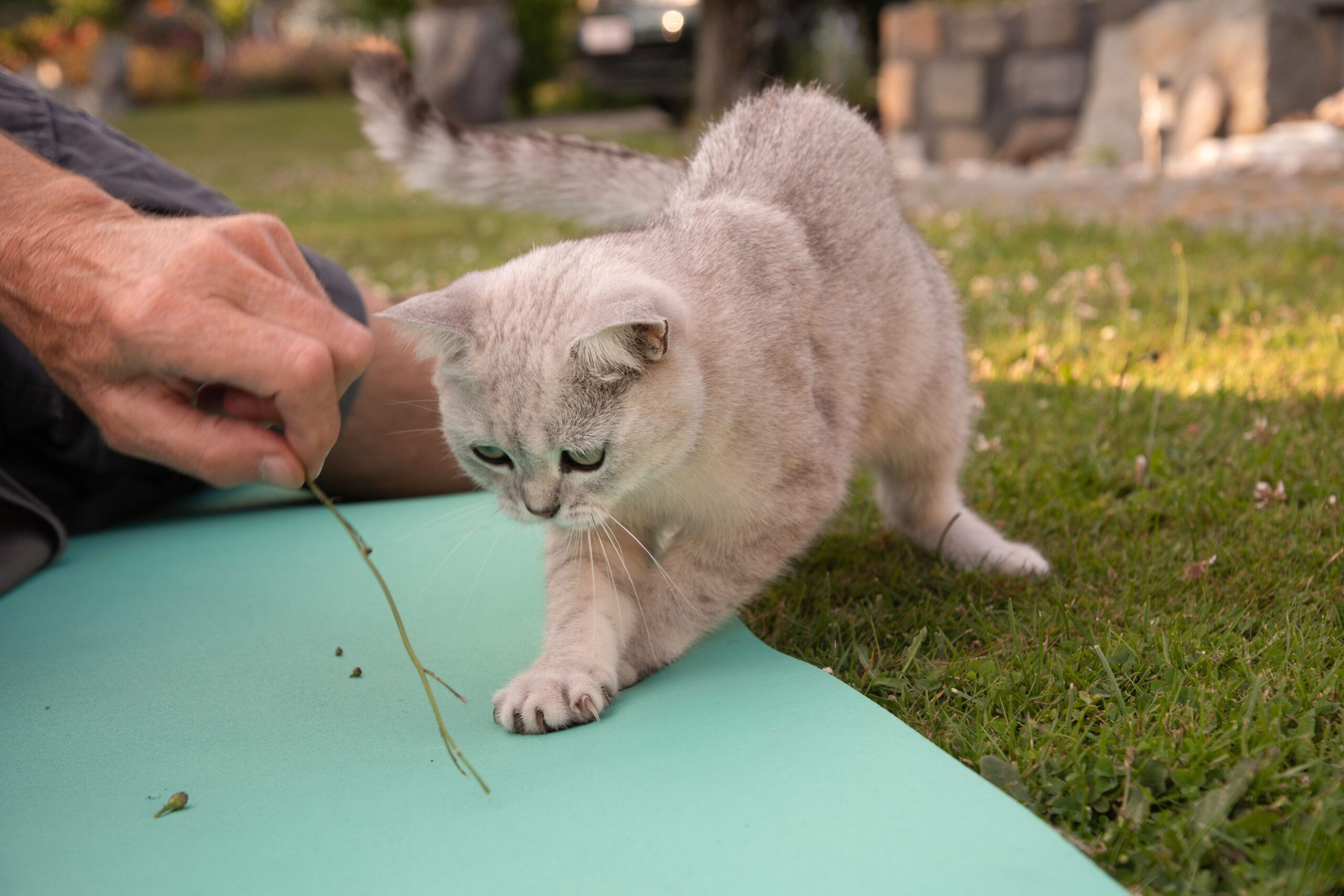Pets bring joy, love, and companionship into our lives. However, owning a pet also comes with responsibility. Whether you have a dog, cat, rabbit, or hamster, proper pet care ensures they live a long, healthy, and happy life. Below are essential pet care tips every pet owner should follow to help their furry friend thrive.
-
Provide a Balanced Diet for Your Pet
Feeding your pet high-quality, species-appropriate food is essential for their health. Proper nutrition is key to maintaining energy levels, supporting immune function, and ensuring healthy growth.
- Dogs and Cats: Need protein-rich diets to maintain muscle mass and overall health.
- Small Animals: Like rabbits, guinea pigs, and hamsters, need fresh hay, vegetables, and occasional fruit.
Tip: Always read food labels, avoid fillers, and consult your vet before making changes to your pet’s diet to ensure they’re getting the nutrients they need.
-
Ensure Your Pet Stays Hydrated
Fresh, clean water should always be available to your pet. Dehydration can lead to serious health issues, especially during warmer months. Make sure your pet drinks enough water to stay healthy.
Pro Tip: Place multiple water bowls around your home, or consider a water fountain, which may encourage your pet to drink more.
-
Schedule Regular Vet Visits for Preventive Care
Preventive care is one of the most important pet care tips for long-term health. Annual vet check-ups help identify potential health issues early.
- Vaccinations: Ensure your pet is up-to-date on essential vaccines.
- Parasite Control: Keep your pet protected from fleas, ticks, and worms.
- Routine Check-ups: Regular exams help detect early signs of illness and provide tailored care tips.
Tip: Preventive care is often more affordable and easier than treatment, making regular vet visits a vital part of pet care.
-
Provide Exercise and Mental Stimulation
Physical and mental activity is essential for a happy, healthy pet. Regular exercise keeps pets fit, reduces stress, and can help prevent behavior problems.
- Dogs: Need daily walks and active playtime to stay healthy.
- Cats: Enjoy climbing trees, laser toys, and interactive play to stay mentally stimulated.
- Small Animals: Benefit from tunnels, chew toys, and time outside their cages to keep them active.
Pro Tip: Enriching your pet’s environment with toys and safe spaces to explore will keep them entertained and happy.
-
Grooming is Crucial for Pet Health
Grooming isn’t just about maintaining your pet’s appearance—it’s essential for their health. Regular grooming helps prevent matting, skin issues, and more.
- Brush Fur: Helps prevent matting and keeps coats shiny.
- Trim Nails: Prevents pain or injury from overgrown nails.
- Clean Ears & Teeth: Regular cleaning helps avoid infections and dental problems.
Tip: Some pets may require professional grooming services for optimal care, especially long-haired breeds.
-
Provide a Safe and Comfortable Home Environment
Pets are naturally curious and can get into trouble if their surroundings are not safe. Ensure your home is pet-proofed to protect them from accidents.
- Secure Hazards: Hide wires, chemicals, and choking hazards out of reach.
- Quiet Sleeping Space: Offer your pet a peaceful area away from noise and foot traffic.
- Microchip & ID Tags: In case your pet gets lost, microchipping and proper identification are essential for their safe return.
Tip: A safe and comfortable environment helps reduce stress and anxiety for your pet.
-
Socialize and Bond with Your Pet
Pets need affection, attention, and socialization to feel secure. A well-socialized pet is happier, less anxious, and more obedient.
- Play Daily: Spend quality time playing with your pet to strengthen your bond.
- Introduce Gradually: Introduce new people or pets slowly to prevent stress.
- Positive Reinforcement: Use treats and praise when training your pet to reinforce good behavior.
Pro Tip: Pets thrive on routine and affection, so daily interaction is crucial for their well-being.
-
Understand Your Pet’s Body Language
Understanding how your pet communicates is one of the most important pet care tips. Body language can help you identify when your pet is happy, anxious, or in pain.
- Tail Wagging: Often means happiness, but not always. Be aware of the context.
- Purring: Can indicate contentment, but it may also signal discomfort or pain.
- Stress Signals: Learn the signs of stress or illness in your pet to act early.
Tip: Observing your pet’s behavior closely will help you provide better care and prevent health issues
Final Thoughts on Pet Care
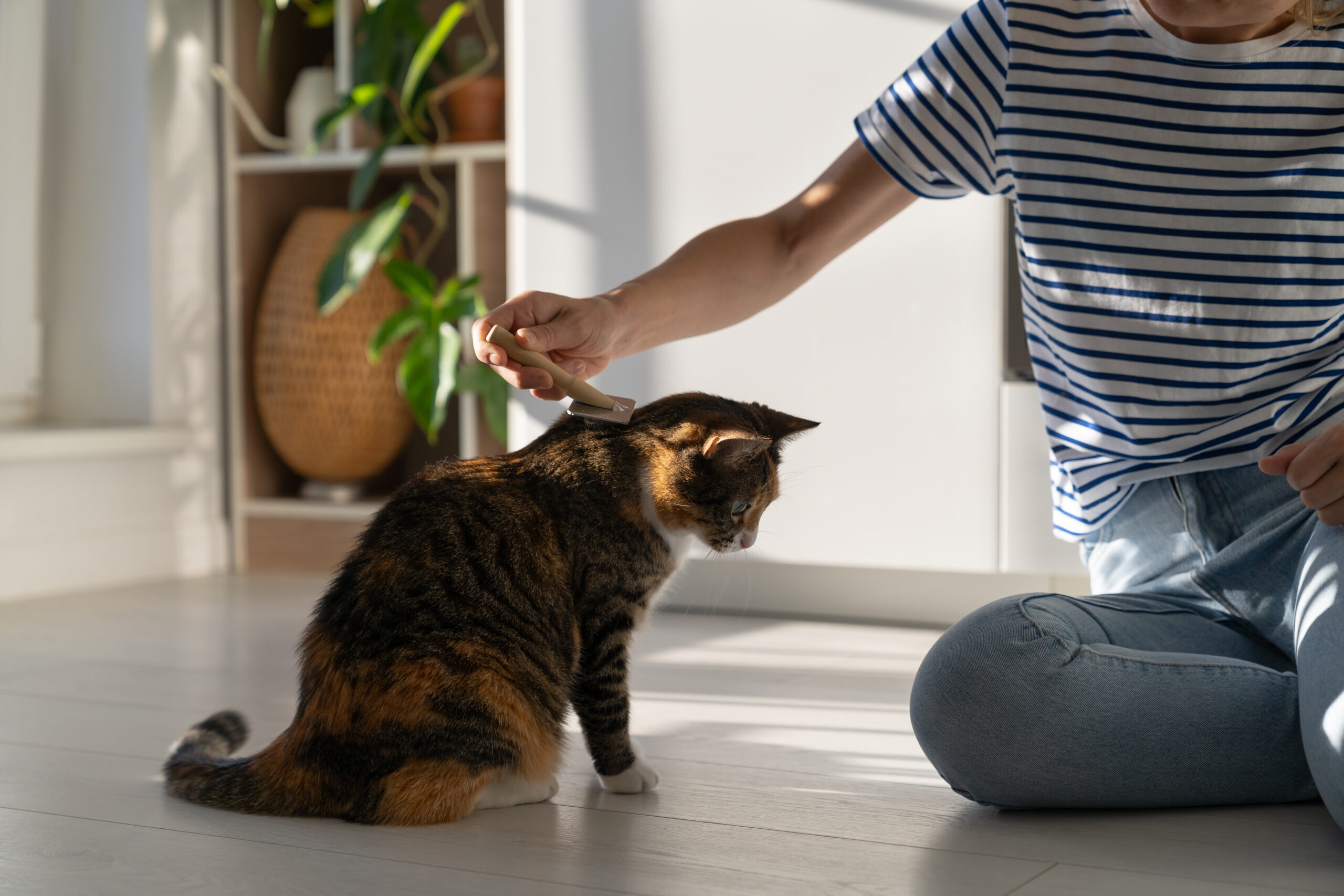
Closeup of casual woman hand combing tabby cat sits on parquet floor in bright apartment. Caring for pet and removing excess hair with special tool bought at zoo store by single girl loves animals
Caring for a pet is a lifelong commitment, filled with joy, learning, and affection. By following these pet care tips, you ensure your pet lives a healthy, happy, and fulfilling life. They give you unconditional love—so it’s only fair to return the favor with the best care possible.


 Animal Facts8 years ago
Animal Facts8 years ago
 Pet Care Tips8 years ago
Pet Care Tips8 years ago
 Pet Nutrition8 years ago
Pet Nutrition8 years ago
 Animal Facts8 years ago
Animal Facts8 years ago
 Animal Facts8 years ago
Animal Facts8 years ago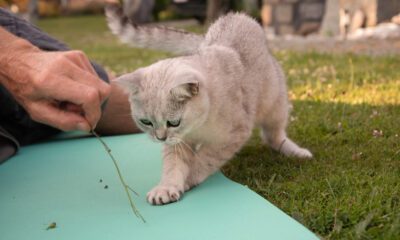
 Cats8 years ago
Cats8 years ago
 Animal Facts8 years ago
Animal Facts8 years ago
 Cats8 years ago
Cats8 years ago
